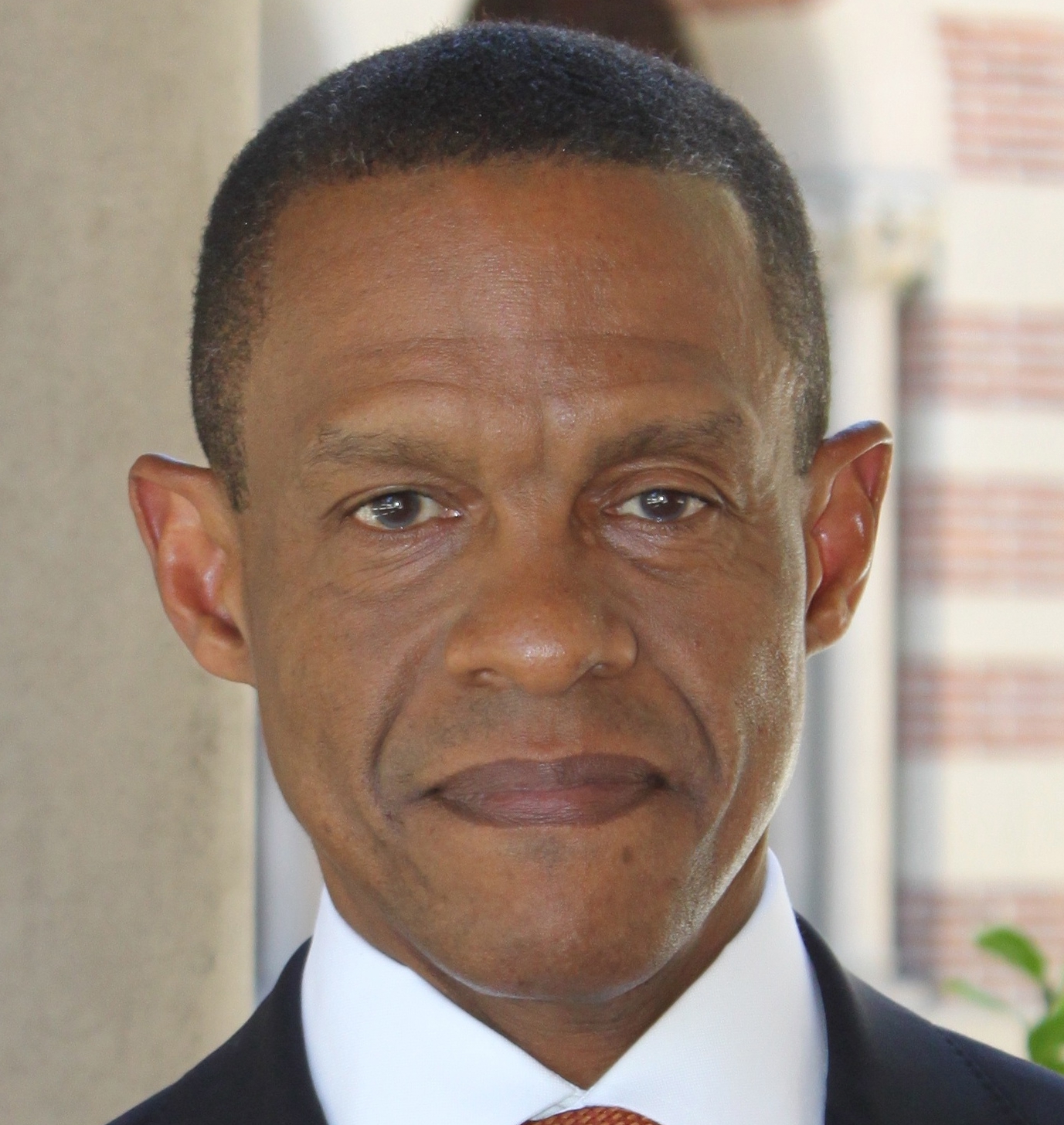DHS Finalizes Strategy on Countering Violent Extremism
At last week’s meeting of the National Consortium for the Study of Terrorism And Responses to Terrorism, DHS Science and Technology Directorate Undersecretary Reginald Brothers announced the completion of a department-wide Countering Violent Extremism strategy.





